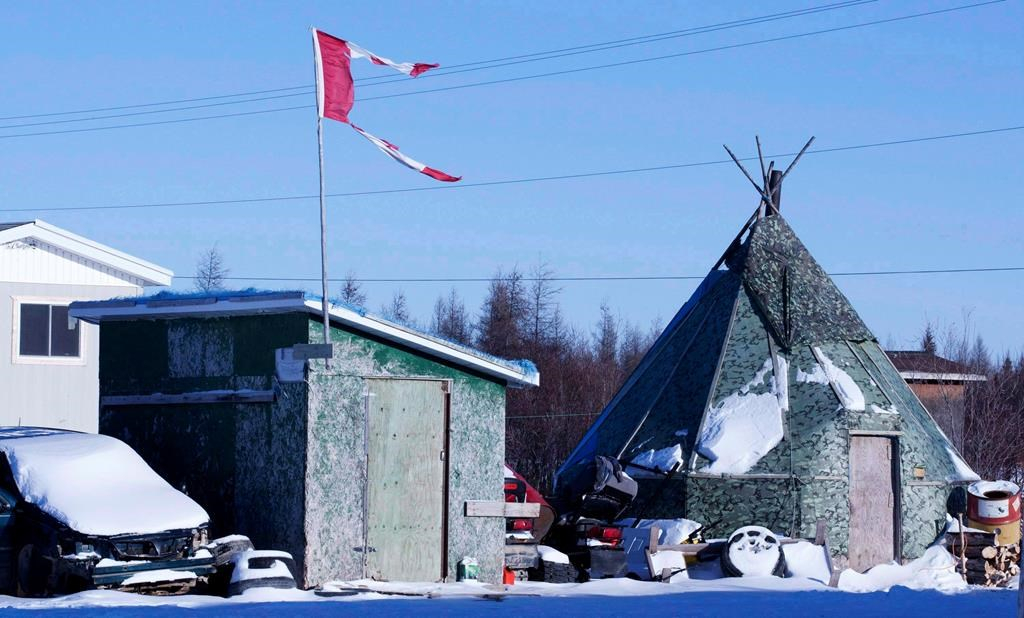Support strong Canadian climate journalism for 2025
A university professor who has studied suicides among aboriginal people says strong community support for youth and determined leadership can guard against outbreaks of attempted suicides, such as one seen in a remote northern Ontario First Nation this week.
Suicide is not part of traditional aboriginal culture in Ontario, with an increase in deaths being noted in the province’s northern communities only since the mid 1980s, said Western University professor Gerald McKinley.
"Most do not have the suicides," he said. "The majority of the deaths are happening in a smaller number of communities."
The issue of suicide among aboriginal youth was thrust into the spotlight after the First Nation of Attawapiskat declared a state of emergency last Saturday, citing 11 suicide attempts in the month of April and 28 recorded attempts in March. A few days later, officials thwarted what they called a suicide pact by 13 young aboriginal people, including a nine−year−old.
"Things are getting to a crisis point," said McKinley. "One of the unique and troubling aspects of First Nations suicides in Ontario is it really is the young. It’s the futures of the communities, often very bright futures, that are cut short."
Statistics suggest 85 per cent of suicides among aboriginal people in Ontario between 1991 and 2013 took place in northern Ontario, but even then, the majority of reserves do not experience a crisis, said McKinley.
One fly−in First Nation in northern Ontario has challenges very similar to Attawapiskat — remote location, expensive food, tough access to water — but does not have issues with suicide, he noted.
"It has strong leadership, it has people who are doing things with the youth. It has a hockey arena they can go to do things in," he said. "A positive social support network is a protective factor against youth getting involved in risk−taking behaviour — the substance abuse, the cutting, the violence, the suicide."
The idea of suicide can, however, have contagious effects, particularly among young people who might potentially see it as a way of expressing their anger, frustration or loneliness, said McKinley.
"It becomes a way of being and it becomes embodied by the youth, which is really troubling, because suicide is not part of their traditions and culture," he said. "It’s a direct result of the social conditions that they’re growing up in."
Immediate services to respond to the crisis are essential to prevent "clustering," but long−term changes are needed as well, McKinley said, suggesting housing, water supply and access to healthy food are all areas where improvements are needed.
"If we work across these multiple levels, engaging and empowering the youth, letting them take the lead to tell us how they want to build a healthy community, and if at the same time they see the changes are coming ... I think that would go a long way," he said. "But if we continue to not do anything and bicker over who is going to pay for it, we will see more deaths."



Comments